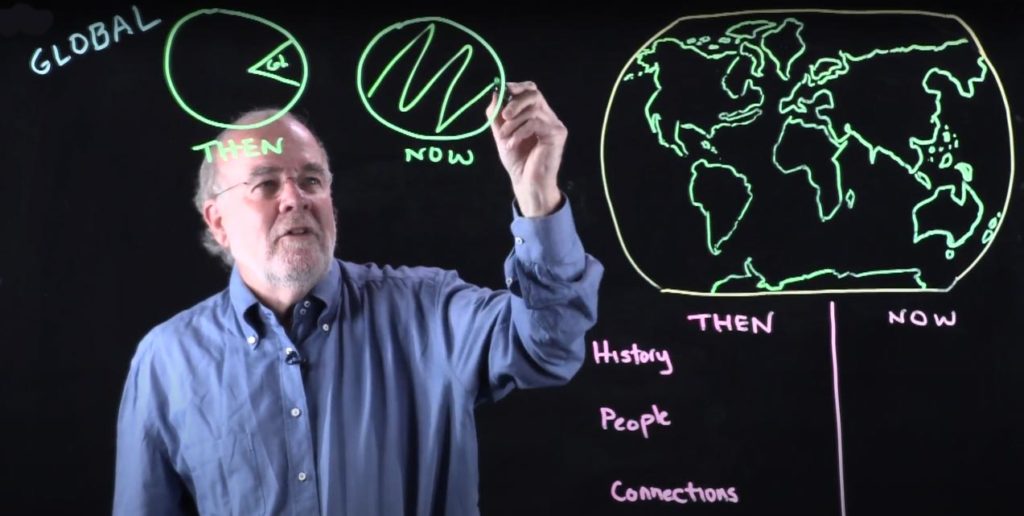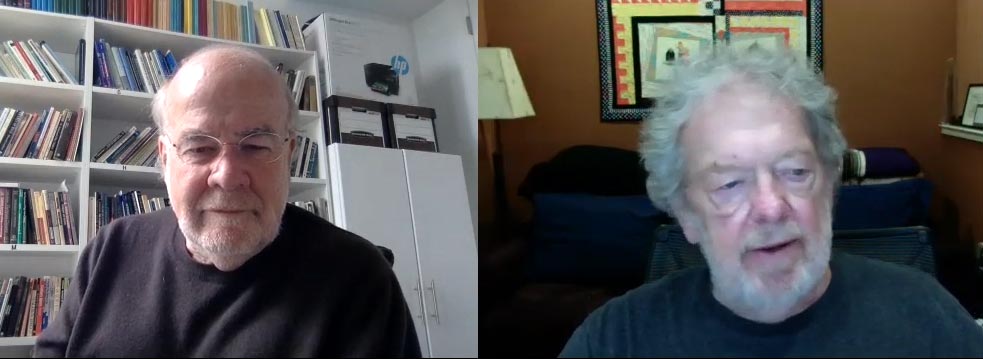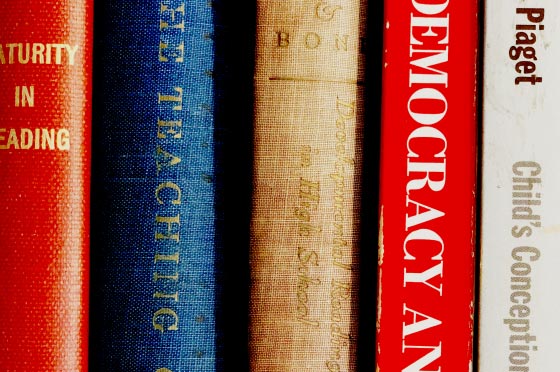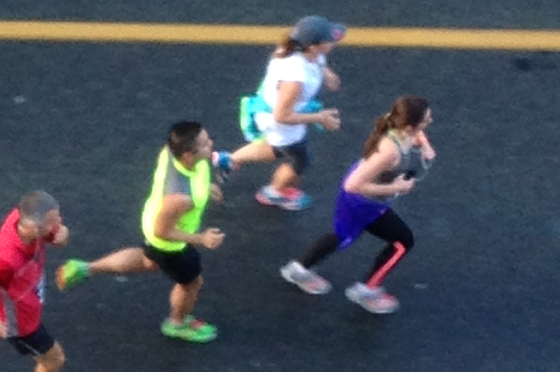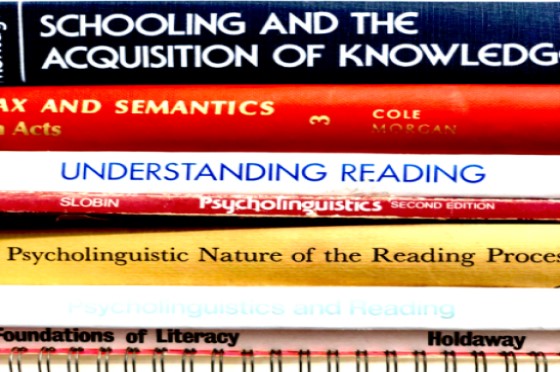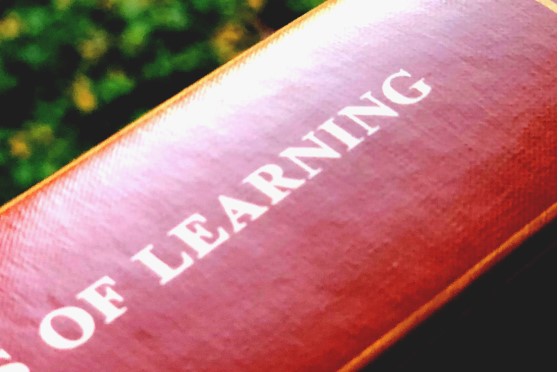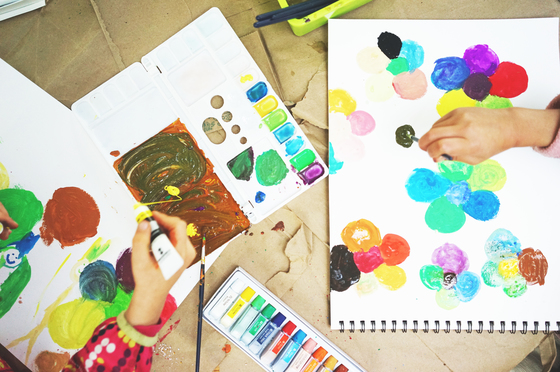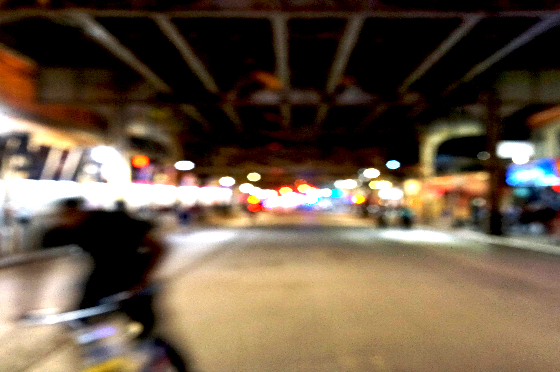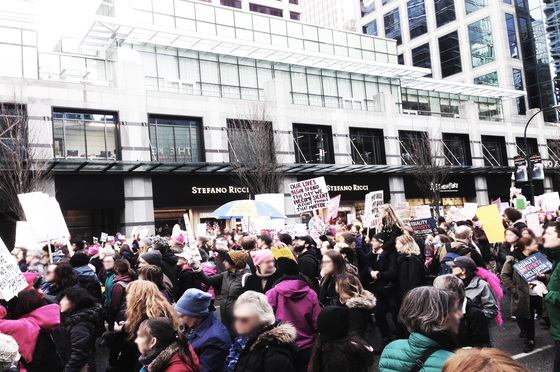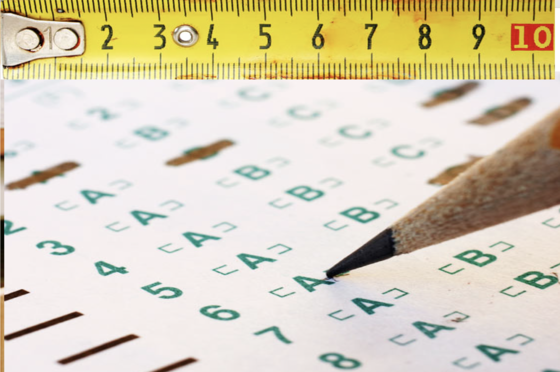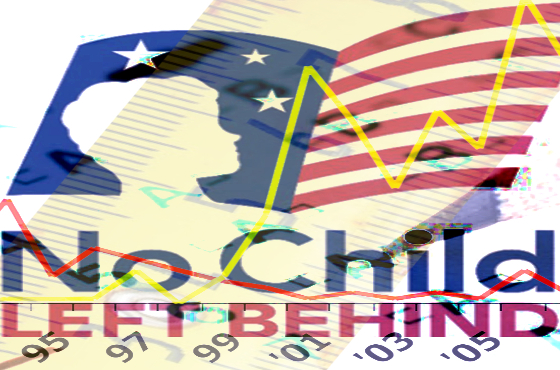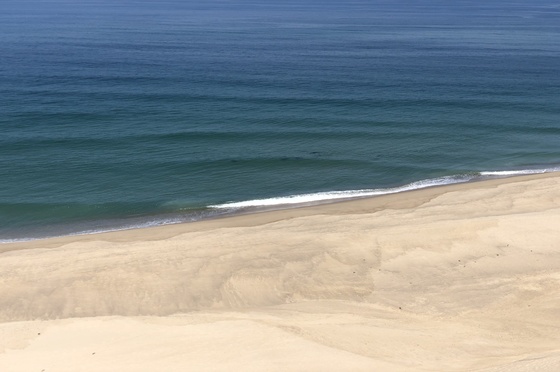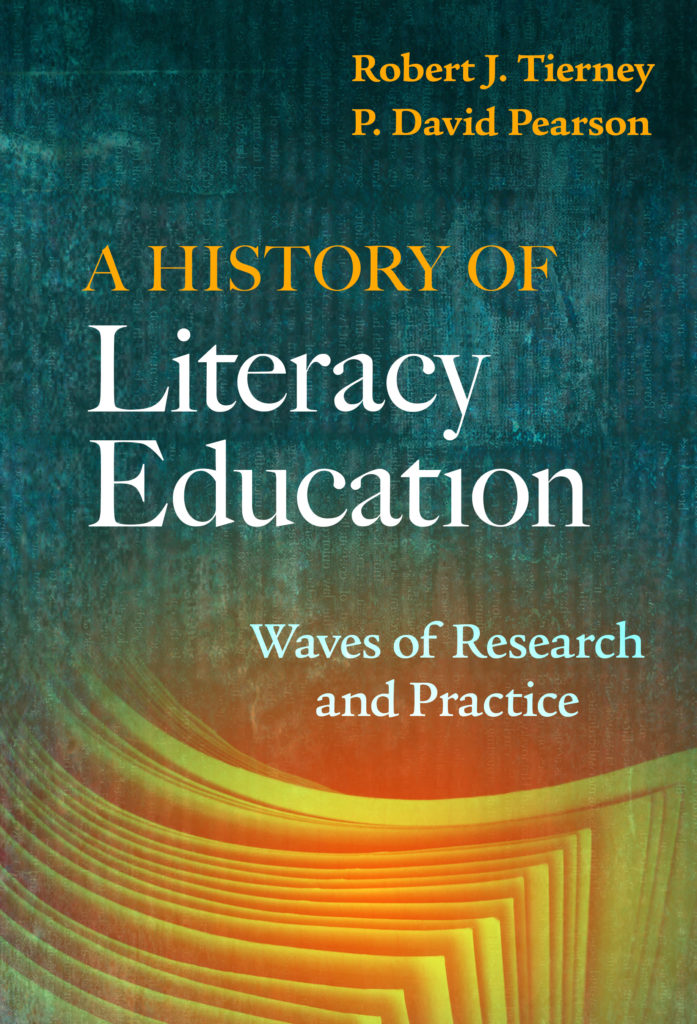A modern history of literacy education: waves of development in literacy education research represents an effort to animate the history of reading/literacy in modern times especially tied to some of the epoch developments that have occurred.
In particular, the global reading and literacy education community has experienced some monumental shifts:
- The shift from behaviorism to cognitive and psycholinguistic perspectives;
- The advent of research on reading comprehension and especially learning to learn and metacognition;
- The connecting of reading with writing and the unfolding of literacy;
- Increased attention and growing awareness of the social processes involved in literacy;
- The rise of critical traditions especially tied to equity, feminism, racism etc.;
- Shifts in assessment paradigms;
- Reading reforms;
- Digital developments;
- And, global shifts especially related to epistemologies, decolonization and indigeneity.
The web site could be considered a course that traces these developments especially in modern times in ways that attempt to animate reading across the ages discussing the research, theories, practices and other developments that were integral.
Each wave includes a range of material to read and review. Foregrounding each discussion is the notion of an imagined reader that corresponds to the changing times (e.g., enculturated reader, manufactured/assembled reader, constructivist reader, strategic reader, writerly reader, social reader, critical reader, self-assessing reader, regulated reader, critical advocate, digital reader, global reader). The different characterizations are intended to fit with the emphases and conditions for reading that occur at the hand of different wave-like developments. They are shaped in part by the politics of the time and sometimes educational design concepts or by changing concepts and theories of meaning making and expectations for readers or all of the above. Each wave includes an expanded discussion of the research and theory that was highlighted as the wave surged including an extended essay as well as video lectures followed by a video conversation between Rob Tierney and P. David Pearson.
